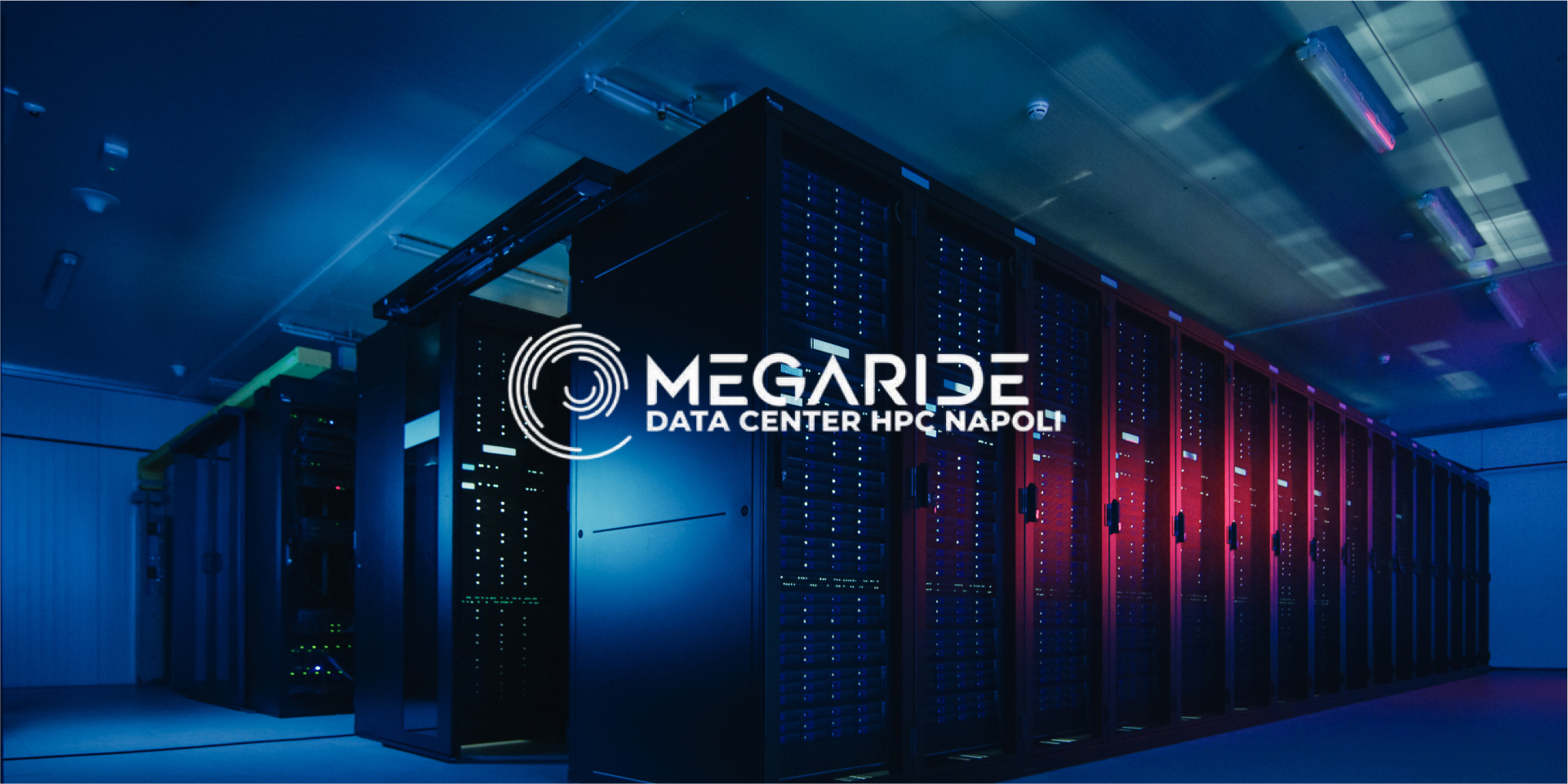In Naples, Megaride has been inaugurated, a new and powerful supercomputer that positions the city and Italy at the center of the European map for technological innovation and cybersecurity. With an investment of about 50 million euros, this high-performance computing (HPC) system is not just a technological marvel, but the cornerstone of a national strategy to enhance research, artificial intelligence, and defense against cyber threats.
The inauguration was held on June 27, 2025, at the engineering campus of the University Federico II in San Giovanni a Teduccio, in the presence of high-profile institutional figures, including the Minister of University and Research, Anna Maria Bernini, and the Director-General of DG Connect of the European Commission, Roberto Viola.
An Ancient Name for a Visionary Project
The name Megaride is a tribute to the islet where Castel dell’Ovo, a symbol of Naples’ origins, stands. This choice highlights the connection with a region that is strengthening its position as a capital of knowledge and innovation. The project, born from an initiative of the National Cybersecurity Agency (ACN) and the Ministry of University and Research (MUR), with the support of Cineca, CNR, and the ICSC National Center, aims to create an advanced ecosystem for academic and industrial research, and for the country’s security.
Technical Features and Strategic Mission
Megaride is a state-of-the-art, highly energy-efficient machine. Its computing power is fueled by 28,000 processors (CPUs) and 340 accelerators (GPUs), an architecture optimized for developing solutions based on Artificial Intelligence and Machine Learning.
Its primary mission is twofold:
- Support for Research: To provide a powerful computing resource to universities, startups, and businesses to accelerate innovation and technology transfer.
- Strengthening Cybersecurity: To act as the technological core for national defense. Megaride will analyze a vast amount of data to identify latent threats, prevent cyberattacks, and enhance HyperSOC, ACN’s current threat monitoring system.
Thanks to this infrastructure, it will be possible, for example, to create a public national DNS (Domain Name System), which is essential for independently managing information transiting online and for having a clear overview in the event of DDoS attacks.
Not Just Calculations: An Ecosystem for Talent and Startups
The Megaride project goes beyond hardware. The decision to locate it within the University of Naples is strategic: the goal is to create a “gym” for talent, attracting students and researchers and offering them first-rate tools.
ACN is investing not only in technology (about 30 million euros for the purchase and five-year management) but also in human capital. Through the Cyber Innovation Network program, the Agency funds doctoral scholarships and supports 12 startups, with the aim of creating a complete value chain. The idea is to act as a “matchmaker” between large companies within the national cybersecurity perimeter and young innovative enterprises, to build a robust ecosystem that attracts investment and prevents “brain drain.”
The Naples-Bologna Axis: The Backbone of Italian Supercomputing
Megaride is not an isolated island but a crucial node in a distributed national network. It is closely interconnected with Leonardo, the supercomputer hosted by Cineca in Bologna, one of the most powerful in the world. This synergy between Naples and Bologna creates a strategic axis for Italian supercomputing.
The future will see further enhancement with the arrival of the AI Factory (IT4LIA), funded by the European EuroHPC Joint Undertaking, which will solidify Italy’s leadership role. The applications of this combined power are vast, such as the development of urban digital twins coordinated by the University of Naples to simulate environmental, social, and traffic dynamics while fully respecting privacy.
The next frontier is already defined: classic-quantum hybrid computing. In both Naples (where a quantum computer was already inaugurated in 2023) and Bologna (where two more will arrive in 2026), networked hybrid systems will be created. This unique global infrastructure will make it possible to tackle problems that are currently unsolvable, projecting Italy into a position of global leadership.






